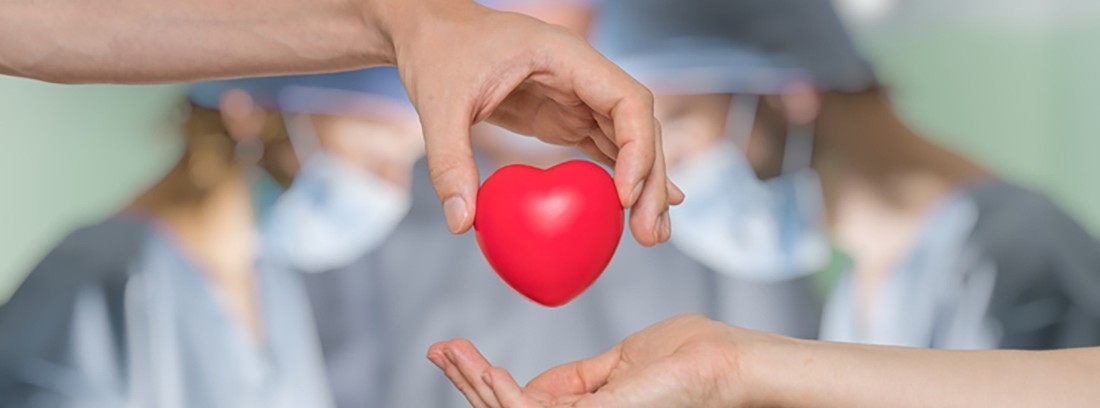What organs and tissues can be donated?

A living person can donate if it does not make it difficult for them to continue the good quality of life that they previously enjoyed. We could donate one of the two organs that we have in pairs like the lung or kidney, but we could not donate unique organs like the heart or liver. It is possible, however, to donate a part of these unique organs, for example, the liver.
Organ and tissue donation in Spain is legislated by Law 2070/1999 that guarantees the principles of solidarity, gratuity, altruism, equity and confidentiality that characterize the entire donation process. In general, The main organs donated are the kidney, liver, heart, pancreas, lung and intestine. In addition to donating organs, it is also possible donate tissues such as bone marrow, bones, tendons, skin, eye tissue, and heart valves. These transplants are less popular even though they were started before organ donation.
Differences between organ and tissue donation
There are differences between organ and tissue donation. A organ must be removed under inexcusable conditions. It requires the maintenance of its perfusion until implantation in the donor. In other words, it is necessary keep the donor in specified hospital conditions to ensure that the organ to be removed maintains its irrigation. It must be done in the shortest possible time. However, the extraction of fabrics can be performed in the non-perfused cadaveric donor and it does not require immediacy. The tissues do not have the vital importance of donated organs, but they are used in many situations. We could talk about the great utility of skin grafts in large burns, the use of corneas in patients with opacity of the same, or bone after the extraction of a bone tumor.
What is the procedure when there is a potential donor?
In accredited hospitals there is a Transplant Coordination team, made up of health workers involved in the donation process, be it extraction or implantation. The different hospitals in a community are governed by the Autonomous coordination, which, in turn, are articulated in the Transplant Commission of the Interterritorial Council.
The is the maximum coordinating body of a technical nature, it depends on the Ministry of Health and Social Policy. Your main task would be to detection of organs and guardianship of the same until its implantation. Family Medicine Specialist
(Updated at Apr 14 / 2024)